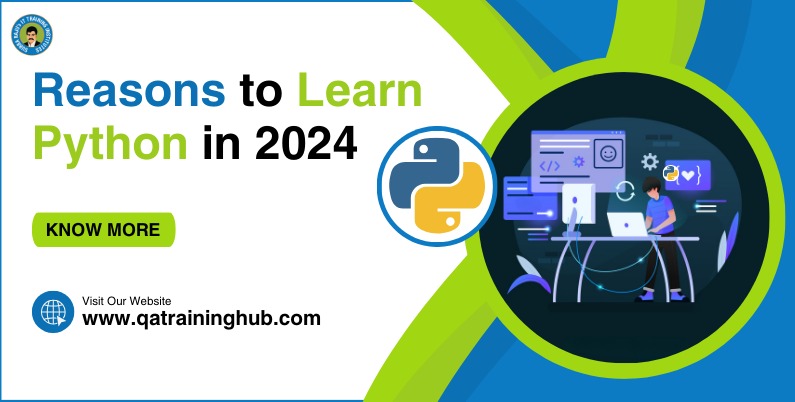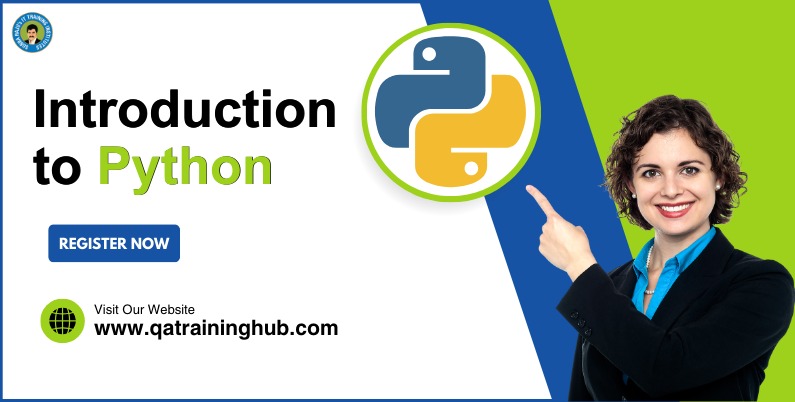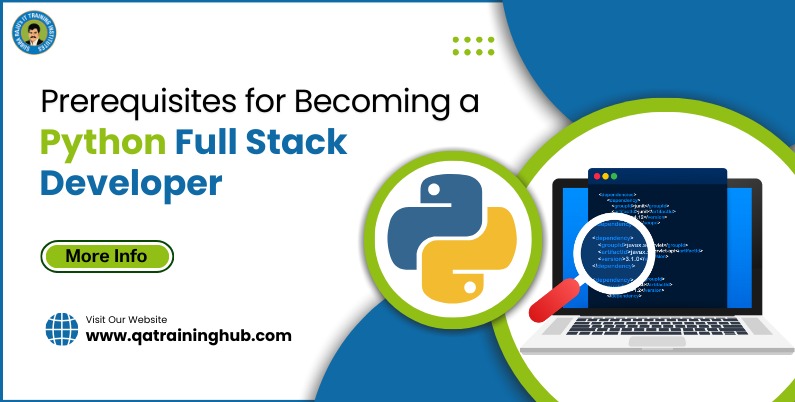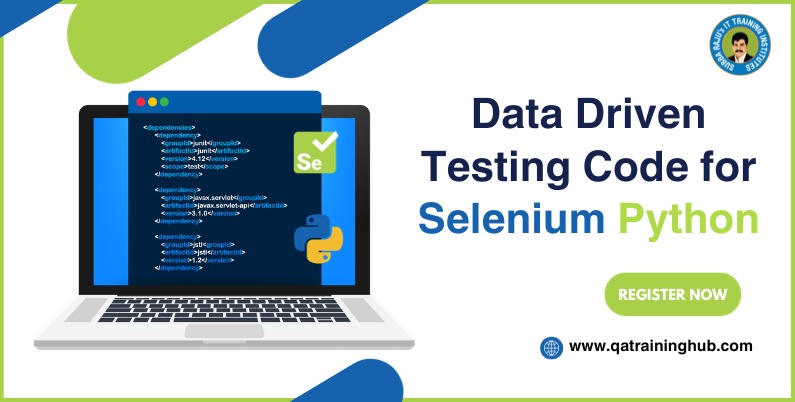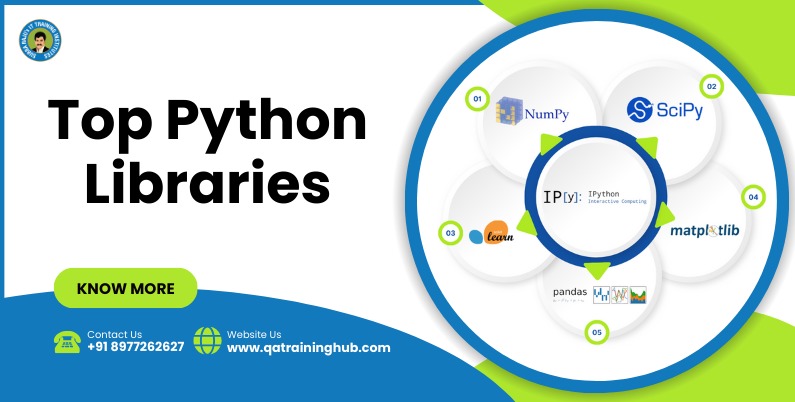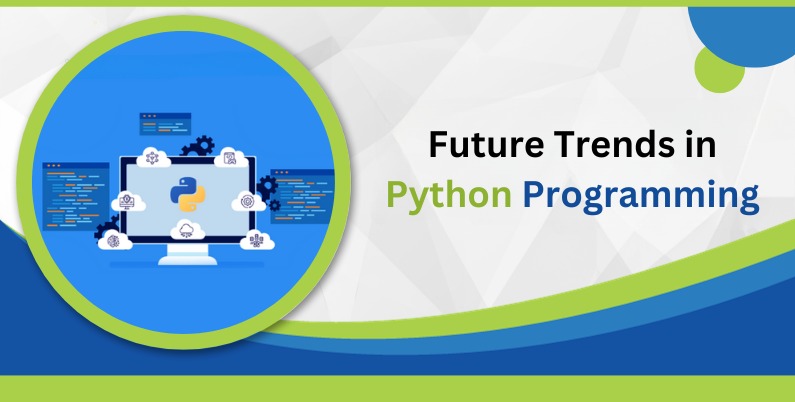
Python programming continues to evolve, and several key trends are expected to shape its future. Here are some future trends in Python programming:
Machine Learning and Data Science: Python’s dominance in machine learning and data science is expected to continue. Libraries like TensorFlow, PyTorch, and scikit-learn have established Python as the language of choice for AI and data analysis.
Web Development with Python: Python frameworks such as Django and Flask are gaining popularity in web development. The rise of microservices and serverless architecture also contributes to Python’s use in building web applications.
AI-Driven Development: Python’s integration with AI and ML is leading to AI-driven development, where tools and libraries automate code generation, testing, and optimization.
Quantum Computing: Python is being explored as a language for quantum computing development. Libraries like Qiskit are making it more accessible for quantum developers.
Cross-Platform Development: With tools like PyInstaller, Python is increasingly used for cross-platform development, allowing developers to write code once and run it on various platforms.
Serverless Computing: Python’s lightweight nature and serverless frameworks like AWS Lambda are enabling serverless computing, making it easier to build and deploy scalable applications.
Edge Computing: Python’s suitability for edge computing is growing, particularly in IoT and robotics applications, where it can handle processing tasks closer to the data source.
Data Privacy and Security: As data privacy regulations become stricter, Python is expected to evolve to meet the demands of secure data handling and encryption.
Concurrency and Parallelism: Python is working on improving its concurrency and parallelism capabilities with libraries like asyncio and multi-threading to handle increasingly complex and data-intensive applications.
Type Checking and Static Analysis: Python’s type hinting and static analysis tools like mypy are gaining prominence, helping developers catch errors early and enhance code quality.
Python Ecosystem Growth: The Python ecosystem will continue to expand with new libraries, packages, and frameworks, addressing various domains and niches.
Community Collaboration: Collaboration within the Python community and open-source projects will drive innovation, as developers work together to address challenges and improve the language.
Education and Accessibility: Python will remain a popular choice for beginners due to its simplicity and readability, fostering the growth of the next generation of programmers.
WebAssembly Support: Python is exploring WebAssembly (Wasm) support, which would enable Python code to run in web browsers, opening up new possibilities for web applications.
Performance Improvements: Python’s performance is an ongoing concern, and efforts like PEP 659 aim to improve interpreter speed. Future versions of Python will likely continue to focus on performance enhancements.
These are some of the future trends of Python programming. If you are looking forward to learn python course, then QA Training Hub is the best place for you to get python training in Hyderabad. The course is given by a well experienced trainer Mr. Subba Raju Sir.
Enroll yourself in QA Training Hub and become a python expert.

